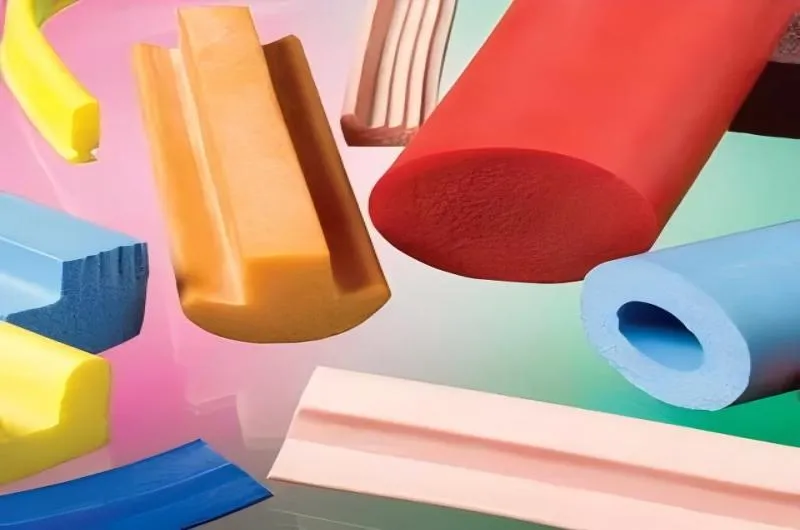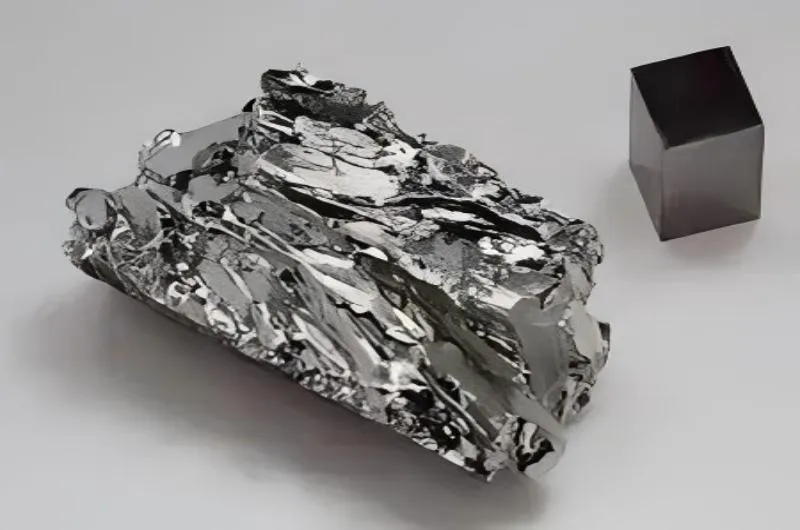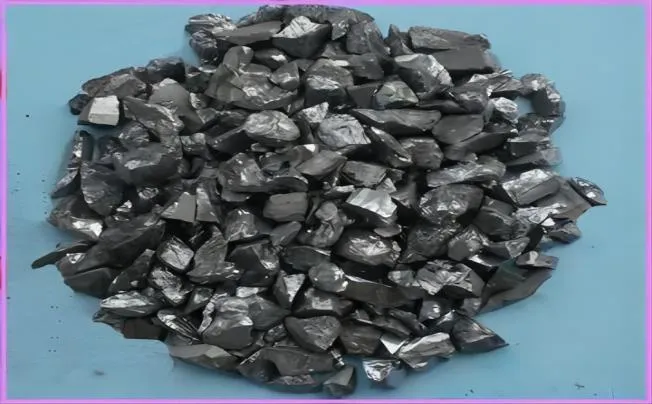BY  GENN
GENN
2024/07
Blog
What Does Silicone Help With?
Benefits of Silicone in Skincare
Silicone is a flexible ingredient, typically discovered in a variety of skincare products, consisting of moisturizers, primers, and serums. Its one-of-a-kind properties make it an important component in the solution of effective skincare services.
Among the key benefits of silicone in skin care is its ability to create a safety obstacle on the skin. This barrier aids in locking in moisture, avoiding transepidermal water loss (TEWL), which is crucial for maintaining skin hydration. By sealing in moisture, silicone assists in keeping the skin plump and moisturized, lowering the appearance of fine lines and wrinkles.
In addition, silicone’s smooth structure boosts the application and efficiency of skincare products. When utilized in guides, silicone gives a smooth, smooth base that enables the seamless application of makeup. This not only enhances the overall look of the make-up but also aids in expanding its wear time by decreasing smudging and fading.
Silicone likewise plays a role in improving the structure and feeling of skin care formulations. Its ability to complete fine lines and pores gives the skin a more fine-tuned appearance. In addition, silicone’s non-comedogenic nature indicates that it does not obstruct pores, making it suitable for all skin types, consisting of oily and acne-prone skin.
Silicone for Hair Care and Styling
Silicone has become a popular ingredient in hair care products due to its many benefits for hair health wellness and styling. One of the primary benefits is its capacity to produce a smooth, shiny appearance by coating the hair shaft. This finishing assists in sealing in wetness, decreasing frizz, and enhancing the hair’s natural gloss.
Along with offering shine, silicone forms a protective obstacle around each strand. This obstacle not only guards against environmental damage but also lowers the possibility of damage and split ends. For individuals who frequently use heat-styling tools, silicone’s heat-resistant residential properties use an added layer of defense, decreasing heat-related damages.
Silicone also adds to boosted manageability. Smoothing the hair cuticle decreases tangling and makes the hair easier to brush and design. This is particularly helpful for individuals with curly or coarse hair, as it aids in attaining a sleeker, extra-polished appearance.
Additionally, silicone’s lightweight nature ensures that it does not evaluate the hair down. This makes it ideal for use in a selection of hair products, including lotions, conditioners, and leave-in therapies. Whether you’re aiming for a straight, smooth finish or specifying curls, silicone-based items can boost the desired result without making the hair feel heavy or oily.
In hair styling items, silicone is usually integrated with various other ingredients to boost its efficiency. For circumstances, it works well with oils and conditioning representatives to supply both instant and long-term benefits. The versatility of silicone in formula permits the development of a vast variety of products customized to various hair types and styling requirements.
Clinical Applications of Silicone
Silicone is commonly identified for its functional medical applications due to its one-of-a-kind residential properties, including biocompatibility, adaptability, and longevity. These features make silicone an excellent material for a variety of medical devices and implants.
One of the most common uses of silicone in medication is in prosthetics and orthotics. Silicone’s adaptability and skin-like texture offer a comfy and reasonable suitable for man-made arms or legs and body parts, enhancing the high quality of life for people.
Silicone is also thoroughly used in implantable medical tools. As an example, silicone gel-filled breast enhancement is popular for both rebuilding and aesthetic surgical treatment due to its all-natural feeling and durable outcomes. Additionally, silicone is utilized in cardiac pacemaker leads, making certain dependable performance and decreasing the threat of allergic reactions.
Another essential application of silicone is in wound treatment. Silicone-based dressings and gels are beneficial for taking care of chronic wounds and burns. These products supply a moist healing setting, reduce discomfort during clothing modifications, and minimize the threat of infection.
In the world of catheters and tubing, silicone is preferred for its biocompatibility and resistance to microorganisms. This makes it suitable for a selection of applications, consisting of urinary catheters, water drainage tubes, and feeding tubes.
Additionally, silicone is important to medication delivery systems. Silicone elastomers are used in the production of drug shipment devices such as transdermal patches and controlled-release implants, which provide a regular and controlled release of medicine in time.
Silicone in Cooking and Bakeware
Silicone has come to be a vital product in the culinary world, especially in the realm of food preparation and bakeware. One of its main advantages is its capability to endure extreme temperatures. Silicone bakeware can go from the freezer to the oven with no risk of damage, making it very versatile for different food preparation applications.
Another significant advantage is its non-stick properties. Unlike conventional steel or glass bakeware, silicone does not need greasing or lining with parchment paper, which streamlines the baking process and guarantees that baked items are released conveniently. This function is specifically valuable for elaborate forms and layouts, such as those located in specialty cake molds and mildews and comprehensive pastries.
In addition, silicone’s flexibility is a significant asset. When baked, cakes, muffins, and various other baked items can be easily removed from their molds without damaging or falling apart. This flexibility additionally encompasses storage space; silicone bakeware can be folded up or rolled up for simple storage space without shedding its shape or performance.
Silicone is likewise highly durable and long-lasting. It does not warp or damage like metal bakeware, and it is resistant to scratches and abrasions. This longevity ensures that silicone bakeware keeps its quality and performance with time, despite frequent usage.
In terms of security, silicone is a food-grade material that does not react with food or beverages. It is likewise odor-free and unsavory, ensuring that it does not influence the taste of the food. Additionally, silicone is simple to tidy and can be securely cleaned in a dishwasher, making it a convenient alternative for home cooks and professional cooks alike.
Lastly, silicone bakeware is frequently readily available in a large range of designs and colors, including an aspect of fun and personalization to the kitchen.
The Role of Silicone in Sealants and Adhesives
Silicone plays a pivotal role in the formulation of sealants and adhesives as a result of its one-of-a-kind residential or commercial properties. Among the most considerable benefits of silicone-based items is their exceptional adaptability and sturdiness. These attributes make silicone an ideal option for applications needing resilient efficiency under a selection of conditions.
Silicone sealers are renowned for their premium resistance to weathering, UV radiation, and extreme temperature levels. This makes them specifically efficient in exterior applications, where other products could deteriorate gradually. Moreover, their outstanding adhesion to a wide variety of substrates, including glass, steel, and plastic, boosts their flexibility in building construction and production.
In the world of adhesives, silicone’s capability to maintain its bonding strength in time is crucial. It is generally used in sectors where a strong, yet versatile bond is called for. For circumstances, in the vehicle sector, silicone adhesives are used to attach elements that must sustain substantial resonance and thermal growth.
An additional key advantage of silicone in sealers and adhesives is its chemical stability. Silicone-based items are immune to chemicals, wetness, and biological growth, making them appropriate for usage in hygienic applications, such as washroom and kitchen sealers, where health is critical.
Furthermore, silicone sealers are often used in the electronic devices industry to protect sensitive parts from wetness and dirt. Their outstanding dielectric homes ensure that they do not conflict with the electric performance of devices.










